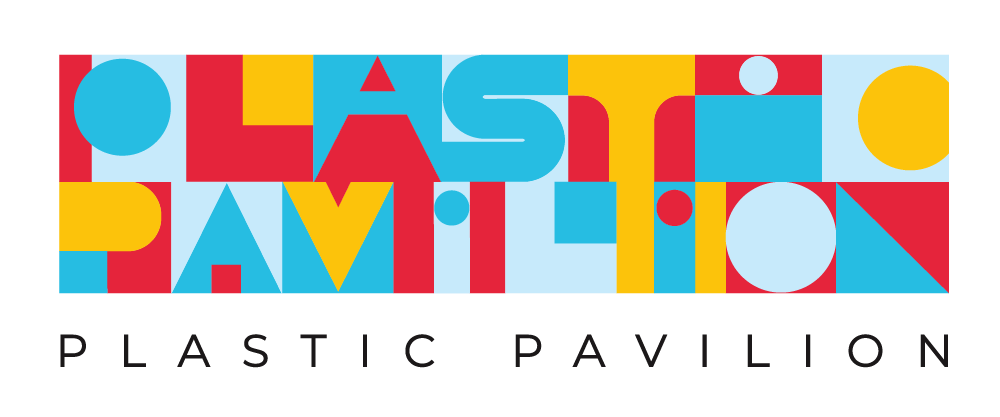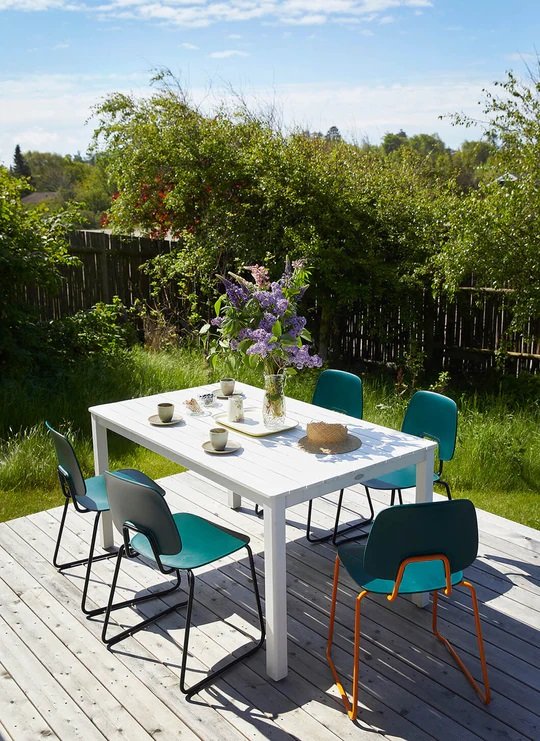Case: Garden to Connect
Vinyl Veggies
Garden to Connect
Green Urban Living




The project Garden to Connect repurposes plastic pipe waste to create sustainable urban gardens, strengthening community bonds and connecting people with nature. It transforms urban landscapes, conserves resources, and fosters inclusivity.
In an era marked by physical inactivity, social isolation, and a disconnection from nature, it is imperative that tp explore innovative ways to strengthen community bonds and connect with the environment. Garden to Connect is a response to this challenge, demonstrating the transformative potential of urban spaces when harnessed sustainably, inclusively, and artistically through the clever reuse of plastic pipe waste.
Traditional urban gardens often rely on resource-intensive materials like steel, cement, or terracotta. Conversely, our initiative repurposes plastic pipes, bestowing them a new life as plant containers. This approach not only conserves resources but also mitigates CO2 emissions. The adaptable nature of the gardens enables their establishment anywhere, be it rooftops, courtyards, parks, or public spaces.
Plastic pipes may not conventionally be considered aesthetically pleasing. However, in these urgent times of climate change and biodiversity crisis, functionality takes precedence over form, crafting its own definition of beauty. The affordability and accessibility of plastic pipe waste foster inclusivity, making the project a viable option for everyone.
The seed of Garden to Connect was planted in Aarhus, Denmark in 2015. Since its inception, the initiative has blossomed both nationally and internationally. A successful example is the ongoing Garden to Connect project in Rwanda's capital, Kigali.
Garden to Connect is proud to be supported by VinylPlus®, the European PVC industry’s commitment to sustainable development.
Urban farming on the rise
In cities all over the world, city dwellers are getting into urban farming and grow crops locally on the terms of the city. The increasing share of the global population settling in urban areas is only reinforcing this trend. Urban agriculture is a natural consequence of urbanisation, which means that more and more of us live in cities. From high-tech vertical indoor growing systems in Singapore over rooftop gardens in Paris to traditional farming in Cuba, local food production will without a doubt become more and more important in the future.











